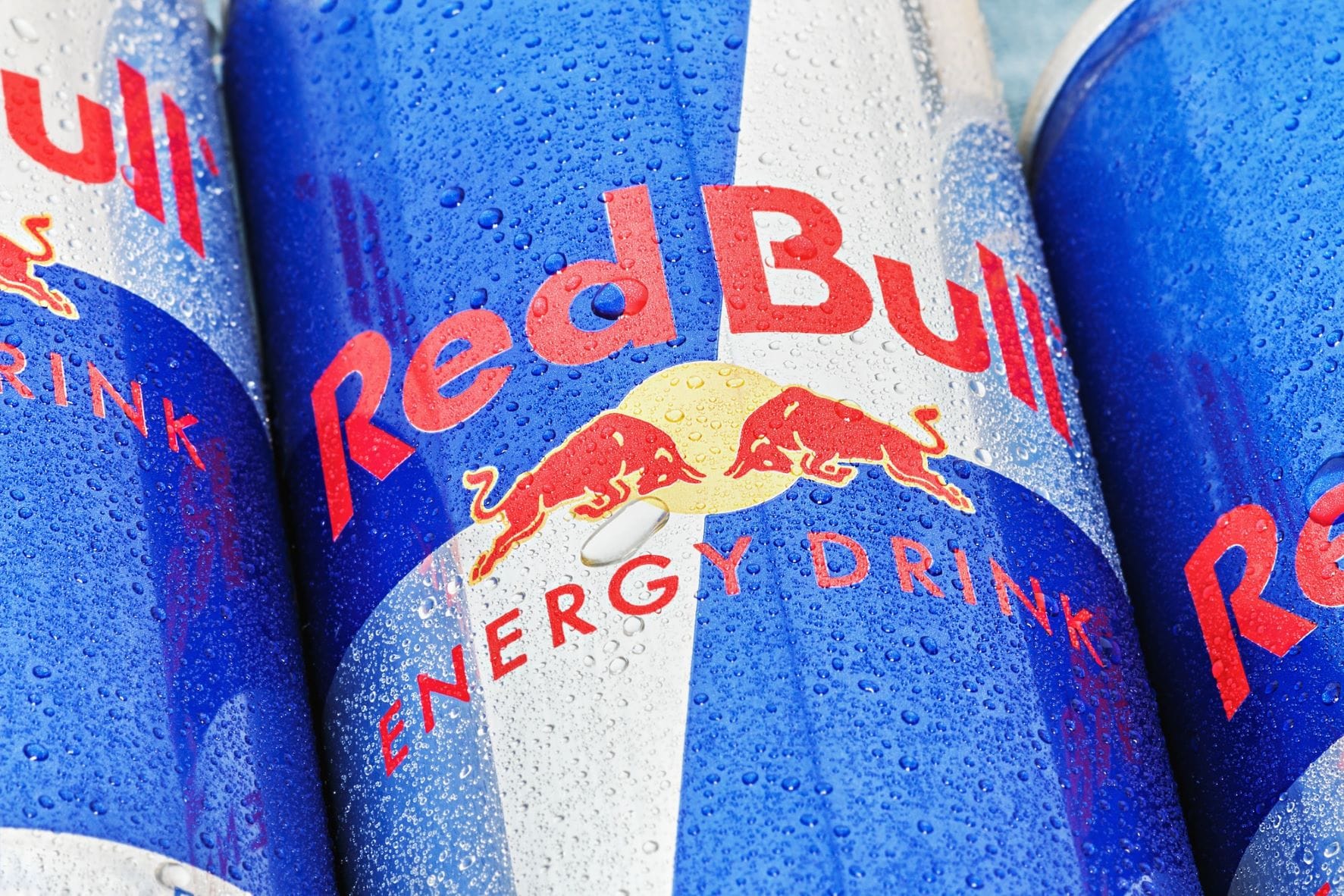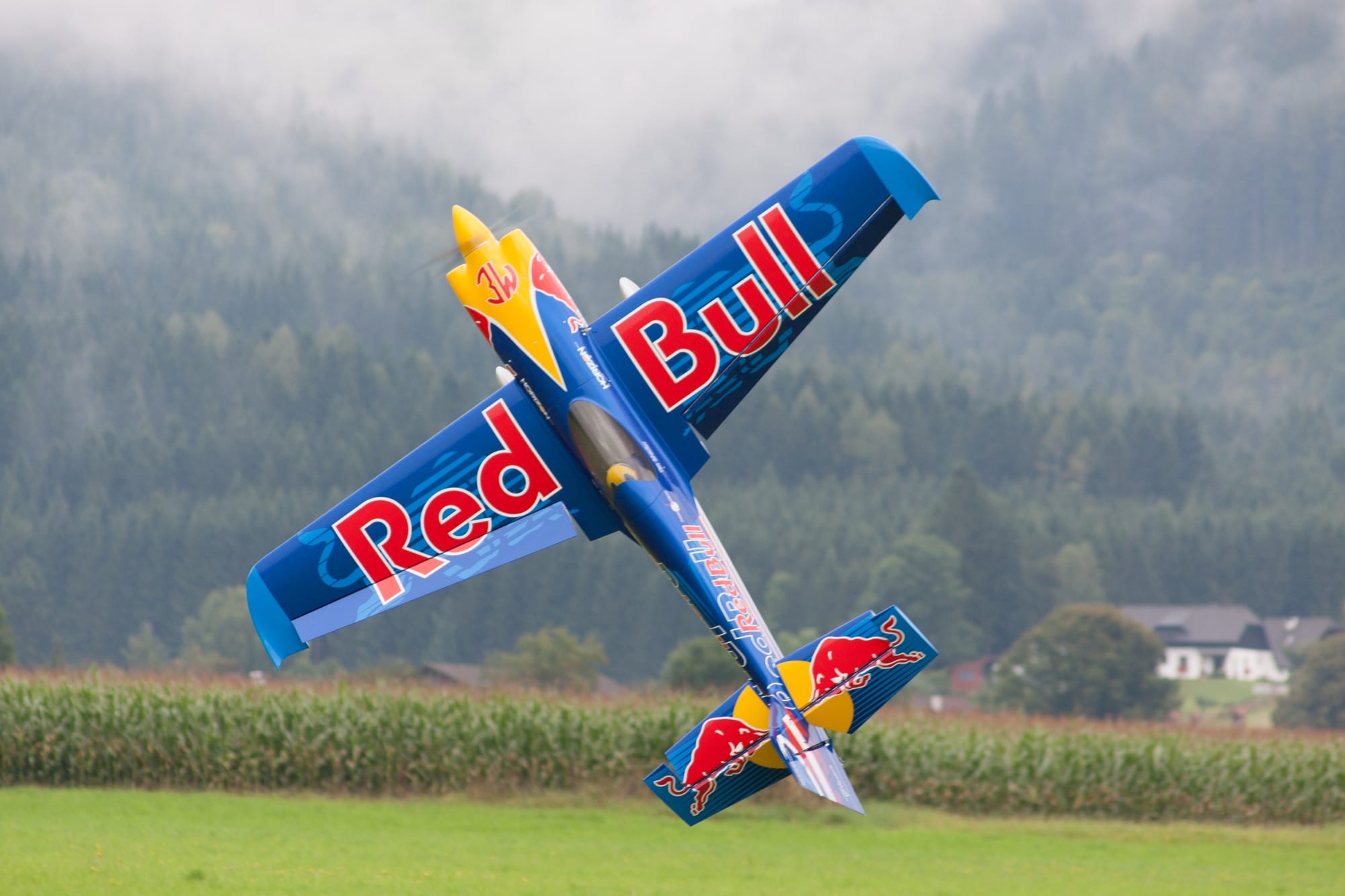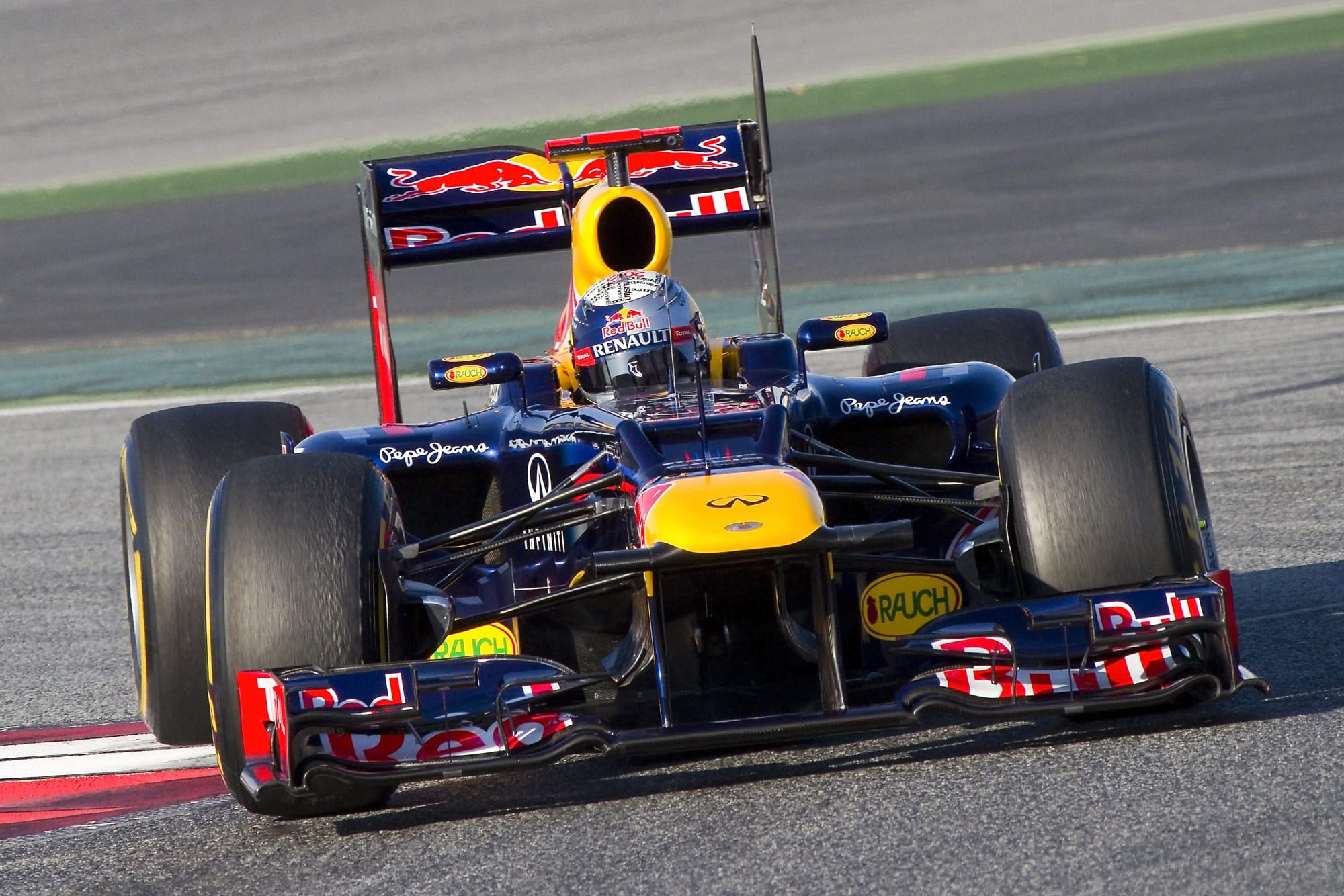This drink gives you wings. Bet you didn’t even have to second guess what drink exists that is notorious for giving people wings. Red Bull is perhaps the most common name that comes to mind when one thinks about the term “energy drink”. First created in 1987, this drink has definitely gathered a cult following over not so many years.
Austrian entrepreneur Dietrich Mateschitz got inspired by a Thai drink called Krating Daeng during one of his trips to the country. He noticed he felt less jet-lagged whenever he consumed it. He then partnered up with that Thai business giant Chaleo Yoovidhya who owned this drink and together they formed the company Red Bull GmbH in 1984. Both owners own 49% and 51% of the total shares of the private company respectively.
Mateschitz also serves as the Managing Director of the company. It is headquartered in Fuschl am See, Salzburg, Austria. As of 2018, they had a total of 12,239 employees worldwide in over 171 countries! Originally they only had one classic flavor also available in a sugar-free formula but now they have many flavor options. Now that you are better acquainted with the brand, let’s try to understand it from a macroeconomic perspective; here is the Red Bull PESTLE Analysis.
Political
When you own a global brand that earns you the status of a billionaire, you have to be extremely ready for the possibility of your name being held accountable for even the slightest of inconveniences on part of your company and its people. Well, this was no small incident; in 2012, Yoovidhya’s grandson Vorayuth who goes by the nickname “Boss” was involved in a hit and run.
He hit a policeman with his Ferrari under the influence of some form of intoxication, allegedly. The man who got hit died and this case was never solved because it was pulled back from the courts. The people are still very upset over this incident and youngsters have engaged in many public protests for Boss’s accountability. What used to be the pride for Thailand now faces a lot of scrutiny in the country.
Energy drinks are also susceptible to the risk of being restricted or altogether banned in certain places according to their laws on health and food consumption, which makes it very difficult for Red Bull to be global. No amount of marketing or negotiations can influence any country’s policy. Red Bull has always had this barrier being in this industry which is known to be bad for health especially when the products are over consumed.

Economic
All global businesses are extremely volatile when it comes to different economies. Every country’s import/export policies, custom duties, taxation, etc. have a very big role in determining how well an economy is suited for the brand under consideration.
The energy drinks industry has already been affected a lot by the Covid-19 pandemic because all fitness centers and gyms were closed for long periods all across the world. Energy drinks have a very big market amongst fitness enthusiasts who need that boost before working out.
Red Bull has been famously hosting the “dance your style” challenge since 2018. Obviously, these challenges were held in person which is no longer the case for now. They decided to use the popular social media app TikTok to make this challenge happen. Their hashtag was viewed more than 3 billion times in 2020 in a matter of days! It is estimated that these views could garner sales of 33% as the primary audience of Tik Tok is their target market.
This was a very smart move in order to remain profitable during the pandemic.
In 2019, they sold a whopping 7.5 billion cans! This means that in a way, every person on earth could have had a Red Bull in 2019.

Socio-cultural
Red Bull is one of the most famous brands in terms of their activities as well; social media related as well as real-time. They are associated with Formula One racing, for which they participate in annual competitions. They also have ventured out into a music academy. In German football, they have a team by the name of RB Leipzig which has been competing for 11 years now. Their own YouTube channel has millions of subscribers.
Red Bull is unique for being an FMCG brand that does not use any form of media to heavily advertise their actual product. They will make an ad or post a photo here and there, but their primary form of marketing revolves around hosting various shows and events or by creating exciting content that users want to see. All of this just shows how widespread their wings truly are, no pun intended.
Speaking of their football team, it has been inviting controversy in the past. In 2019 when the local elections were close in Saxony, Germany, the team could be seen promoting an acceptance campaign during one of their matches; “Our ball is colorful” was a campaign that was meant to promote tolerance for diversity and inclusivity.
Well, it received some backlash because the MD Mateschitz is known to have openly criticized the refugee policies of both Austria and Germany in 2015. According to him not every person was a refugee and better care should have been taken before the population influx. He has also been known to speak against political correctness depicting that he has no intentions to practice the concept much. So it was all very confusing for people to note the hypocrisy between the campaign and the owner’s personal beliefs and actions.
As a result, many musicians boycotted the music event hosted by Red Bull and many consumers spoke up against the brand. To make matters worse, Mateschitz started a channel on German media that featured a lot of right-wing political content. He is a known Trump supporter and he also backed up the Austrian right-wing foreign minister Sebastian Kurz of the conservative people’s party.
The recent expose of Red Bull has been the worst when the top 3 executives of their North American division were fired because of how poorly they responded to the Black Lives Matter campaign in 2020. The company failed to show any remorse for the atrocities and their silence was questioned.
To make matters even worse, some employees were brave enough to leak a slide from one of the corporate meetings which included a world map in which India was termed as “Call Centers”, the Middle East as “Evil Doers” and Africa as “Zoo Animals come from here”.
Technological
Red Bull is a passionate advocate for technological advancement, so much so that they started the Red Bull Basement University in 2018 to encourage the youth to indulge in research to come up with tech-based solutions for various problems. These students then partake in competitions globally. This university has been an amazing platform for women to show their skills in tech which is an otherwise male-dominated field. Every year the amount of female participants continues to grow!

They are constantly innovating and changing their Formula 1 cars in order to stay ahead in the competition. In 2020, they unveiled their RBF1 Aston Martin race car which was powered by Honda Technology to challenge the greats, Mercedes Benz and Ferrari.
Although Honda and Red Bull have enjoyed a few victories together, Honda decided to terminate their association with the brand at the end of 2021. The main reason cited by Honda was that by then their goal of attaining victories will have been met and that they forecast the automobile industry to go through a revolutionary change. However, Honda has now signed an agreement with Red Bull which allows them to use Honda’s technologies up till the year 2025.
Legal
Over the years, Red Bull has had to deal with many legal issues, primarily being banned in certain countries. In Germany, a few states banned it for finding traces of cocaine in some cans of the drink.
Back in the early 2000s, it was also banned in France for a decade, the reason being their ingredients, particularly the amount of caffeine which was more than what France allowed. Up till 2008, it was also banned in Norway and Denmark because of the same reason however they also did not appreciate the amount of taurine which is an amino acid present in it. The ban was uplifted after it was proven that Red Bull is safe for consumption.
The ball is taken by customers who actually won a lawsuit of 13 million dollars against the brand because drinking their drink didn’t give him wings. The case was won by the people because it legally came under the premise of false advertising. To make it clear, the people didn’t win because they expected actual wings to sprout off their backs, but because the marketing Red Bull used to depict energy boosts which enhanced performance and concentration was not scientifically backed. They have since then not used their decades-old slogan.
Environmental
Red Bull is a privately owned company, not a corporation, so they never release official reports of their CSR activities because they aren’t looking to impress any of the stakeholders.
However, the brand is cautious about minimizing its effect on the environment by promoting sustainability. They say that each can they produce has more than one life implying that they believe in the practice of recycling. Their cans are made up of aluminum which is 100% recyclable. You can recycle aluminum as many times as you want without losing any of the original material, hence they use about 95% less energy than other materials.
They also try to reduce their transportation pollution by using what they call “wall to wall” production, which means that they produce and fill the cans at the main production sites in Austria and Switzerland from where they are carried to the nearest ports to be shipped to the world. This method is eco-friendly and it saves a huge amount of CO2.
Red Bull also has developed a foundation “Wings for Life” which is a research center for those with spinal cord injuries. They invest in research over here to find potential cures. They also raise money for this project by allowing people to take part in running and races where all the money they spend gets sent to the research facility.
Red Bull scores a 76% in their CSR activities out of a possible 100. This ranking is produced by some of the world’s leading CSR activity data sources such as ESG analyst, crowd, government, publication, & and not-for-profit data.
Red Bull PESTLE Analysis: Conclusion
Now that you know Red Bull from a business standpoint, you must have a better understanding of the brand. It surely is a marvel, to say the least especially in terms of their reach and influence on communities all around the world.
Overall, it is one of the biggest brands in the world with countless achievements under its belt; however, they should work on eliminating problems associated with their bigoted views in 2021. Surely the world is changing for the better, so should they reap more benefits. With accepting and open executives and a better team, there is very little they can’t achieve.
In order to completely understand a company, it is vital to look at it from a comprehensive 360-degree angle. A PESTLE Analysis is a thorough macro-economic viewpoint that highlights where a company stands from a strategic and business point of view.
PESTLE is simply short for political, economic, socio-cultural, technological, legal, and environmental analysis. The main idea is to help you in seeing the company under consideration with a serious depth.
If you are keen to learn how a PESTLE Analysis can be conducted, feel free to visit our website to get started. In fact, for those of you who feel confident enough in attempting to work on an analysis on your own, we have the perfect PESTLE template for you to help jump-start your journey.










